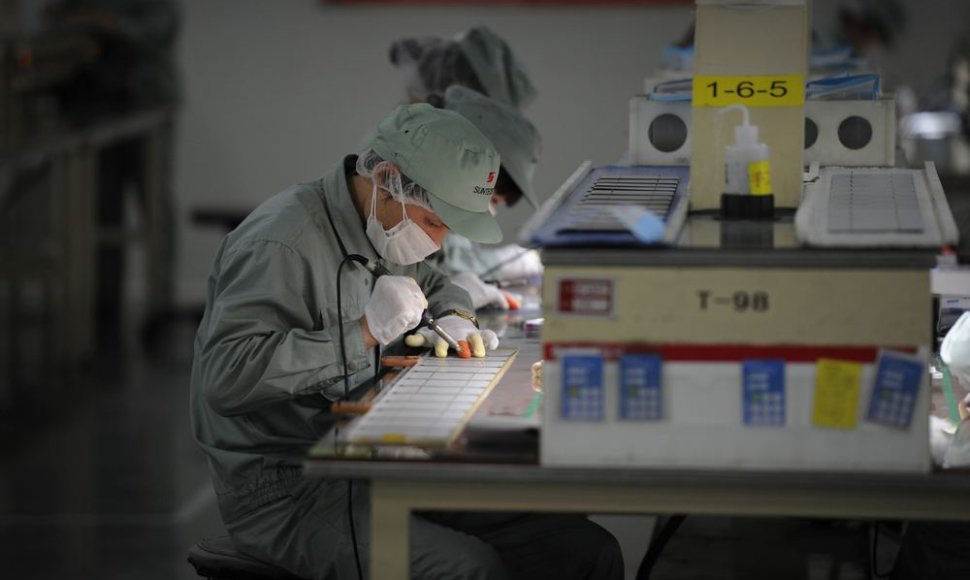“We are still living in the golden age of exports. Lithuania failed to use up all possibilities opened up after accession to the European Union since we were concentrated on the domestic market and inflated that consumption bubble. What we see now is purely a shift in business’ focus towards foreign markets. For example, industrial sales on foreign markets rose by 11 percent in the first quarter while the sales on domestic market grew by meager 2.5 percent,” Mauricas told BNS.
Lithuania’s companies had adopted Western technologies and adapted them successfully, he said noting that they were both selling their products in CIS countries and exporting them to Scandinavian, Western European countries.
Mauricas also pointed out to the growth in exports of durable goods with larger added value. In particular, he referred to the metal processing industry, such as ship building, and to the furniture sector, which continued to grow ‘non-stop’.
The performance of the industrial sector was ‘impressive’ in the first quarter of this year and Lithuania was one of a handful of EU Member States recording growth in industrial output this year, he said.
“It’s the outcome of our robust competitiveness. Although foreign markets are not growing, we still manage to increase our exports,” Mauricas said.
Nordea expects Lithuania’s exports to grow by 6 percent this year.












